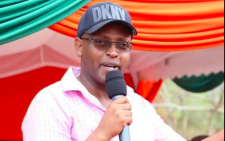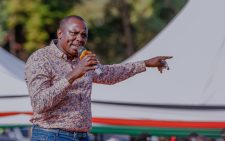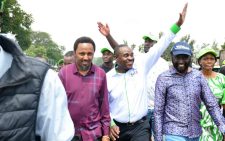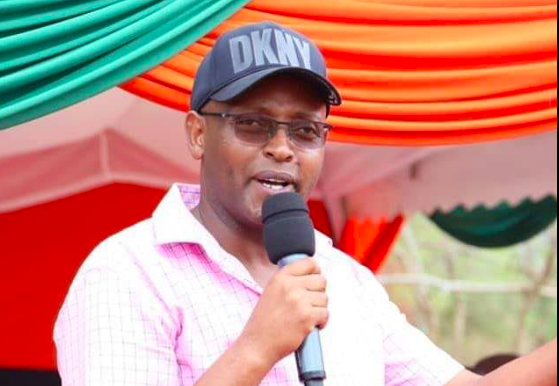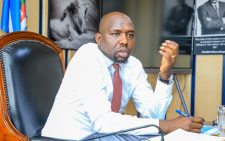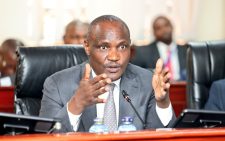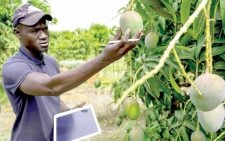Leverage Africa youth bulge to improve soil health
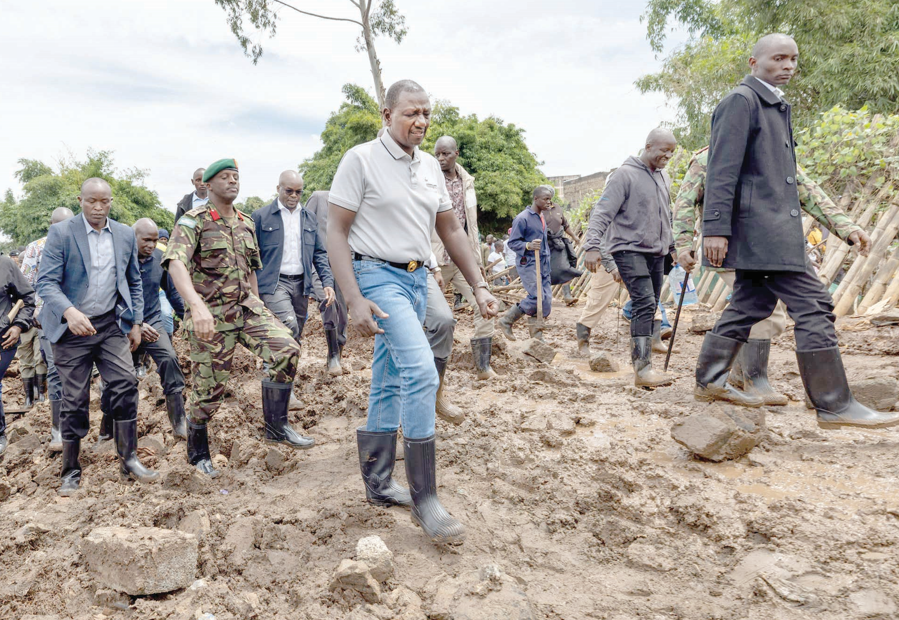
The 2024 Africa Fertiliser and Soil Health 2024 summit arrives at a crucial moment as the global community grapples with how to mend fractured food systems amid the uncertainties of climate change.
With its theme, “Listening to the Land,” the gathering presents a unique opportunity to explore how the youth bulge and the dynamism young people can be harnessed to advance the summit’s mission.
The importance of listening to the land cannot be overstated; soil health is a critical factor in addressing numerous challenges, including food systems transformation, sustainable food security, and global climate change mitigation.
By listening to the land, we can assess the health of Africa’s soils, which will, in turn, inform the appropriate quality and quantity of fertiliser needed to enhance productivity. This exercise, ideally conducted every three years or whenever there is a change of crop being planted, demands substantial resources and skills. With Africa experiencing a youth bulge, the continent possesses an invaluable asset to leverage in the process of listening to the land. As highlighted in The Economist’s April 20 edition regarding Gen-Z, this generation has grown up in an era dominated by smartphones. The prudent move for the AFSH summit and beyond is to ensure that their potential is effectively utilised.
Different generations have been shaped by distinct narratives, as noted by The Economist. Baby boomers were influenced by post-war abundance, millennials by the 2007-2009 Financial Crisis, and Gen-Z by the ubiquity of smartphones. We must tailor new development initiatives to their strengths. Soil testing emerges as the most effective method for listening to the land and assessing soil health. According to a 2022 article by Jannis Heil, et al., smartphone cameras can serve as tools to measure Soil Organic Carbon levels, which are fundamental to soil fertility. Encouraging young people to engage in such tasks could revolutionise food productivity while addressing climate change.
But his endeavour will require significant investment. Resources will be required to incentivise and build the capacity of young people to participate in soil testing using their smartphones. Developing the soil testing value chain and essential infrastructure are crucial aspects of this investment. Enhancing the digital superhighway outlined in the Bottom-Up agenda is essential, along with establishing last-mile digital hubs at the ward level and training youths to capitalise on emerging opportunities.
Digital literacy should extend beyond soil testing to enable young people to meaningfully participate in policymaking processes. This is because policies are the tools that can be used to reimagine the future. For example, Kenya has institutionalised public participation in policymaking. Young people can utilise their smartphones and digital platforms to engage in virtual caucuses and contribute to various policy debates. This is particularly important in utilising tools like the Financial Flow into the Food Systems developed by the International Fund for Agricultural Development and the World Bank, aimed at tracking financial flows into food systems to boost effective allocation of resources.
This engagement can also extend to social accountability and governance mechanisms. With the advent of digital platforms and social media, young people can engage in citizen journalism, holding leaders accountable for their promises and policies. The AFSH summit should serve as a platform to amplify the visibility and enhance youth participation in food systems. By channelling sufficient resources into soil testing, ecosystem preservation, and land restoration, coupled with youth capacity building, a wave of change can emanate from Nairobi.
– The writer is a Global Food Systems Youth Leader and climate change and food system communication consultant.



